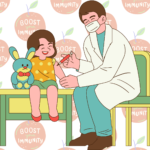
Berdi
urinary Track Health
In the realm of holistic health, the significance of biotin, also known as Vitamin B7, cannot be overstated. Biotin plays a pivotal role in various bodily functions, from metabolism to maintaining healthy skin, hair, and nails. Understanding the role of biotin and its deficiency is crucial for individuals seeking optimal well-being. In this comprehensive guide, we delve into the causes, symptoms, and effective treatment of biotin deficiency.
Biotin, a water-soluble B vitamin, serves as a vital coenzyme in the body, contributing to the metabolism of fats, proteins, and carbohydrates. Its role in supporting cellular functions is indispensable, making it an essential nutrient for overall health.
A primary cause of B7 deficiency is inadequate dietary intake. Biotin-rich foods such as eggs, nuts, seeds, and certain vegetables are critical for maintaining optimal biotin levels. A diet lacking these essentials can lead to a deficiency over time.
Biotin deficiency is generally rare and often associated with specific dietary factors. Research suggests that diets high in raw egg whites, which contain avidin, a protein that binds biotin and reduces its absorption, can contribute to biotin deficiency. Research shows that consuming large amounts of raw egg whites leads to biotin deficiency in humans. Avidin’s binding affinity for biotin can result in decreased bioavailability of this essential vitamin.
Moreover, certain food processing methods, such as canning and heat treatment, may also destroy biotin in food. While these dietary factors can potentially impact biotin levels, it’s crucial to note that biotin deficiency is uncommon in individuals with a well-balanced diet. Regular intake of biotin-rich foods and adherence to a varied and nutritious diet generally provide sufficient levels of this vitamin to meet the body’s requirements.
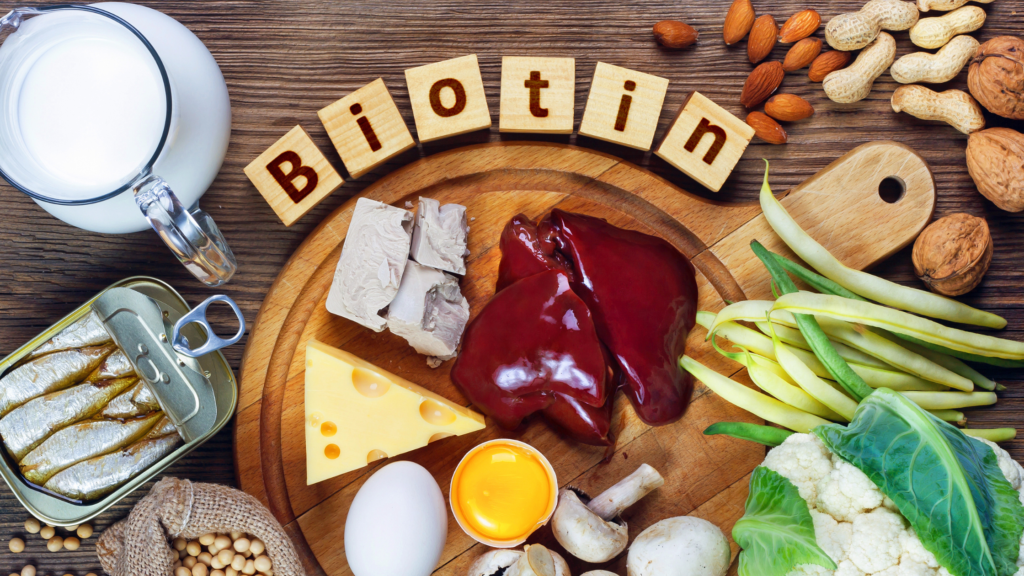
Biotin deficiency can also be associated with certain medical conditions that affect its absorption or utilisation in the body. For instance, individuals with genetic disorders such as biotinidase deficiency or holocarboxylase synthetase deficiency may experience impaired biotin metabolism, leading to a deficiency. Biotinidase deficiency, in particular, is an autosomal recessive disorder that hinders the recycling of biotin from biocytin, resulting in reduced biotin levels. Research in the Journal of Inherited Metabolic Disease (JIMD) highlights the importance of early diagnosis and prompt treatment to prevent neurological complications associated with biotinidase deficiency. Additionally, certain gastrointestinal disorders, such as inflammatory bowel disease or malabsorption syndromes, can interfere with the absorption of biotin.
In some cases, a genetic predisposition can make individuals more susceptible to biotin deficiency. Understanding one’s genetic makeup is increasingly vital in identifying potential health risks.

In the intricate tapestry of human health, biotin stands out as a fundamental thread. Recognising the causes, symptoms, and treatment options for biotin deficiency empowers individuals to take proactive steps toward well-being. Whether through dietary adjustments, supplements, or medical guidance, addressing biotin deficiency is an investment in long-term health.
While dietary changes help, severe deficiencies may require supplements. Consult a healthcare professional for personalized advice.
Excessive biotin intake may cause minor side effects. It’s crucial to follow the recommended dosage and seek professional guidance.
Individual responses vary, but noticeable improvements may take several weeks to months.
Neurological symptoms associated with biotin deficiency may impact mental well-being. Timely intervention is essential.
Yes, foods like eggs, nuts, and leafy greens are rich in biotin. Including these in your diet contributes to overall biotin intake.

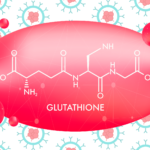

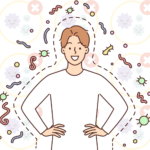


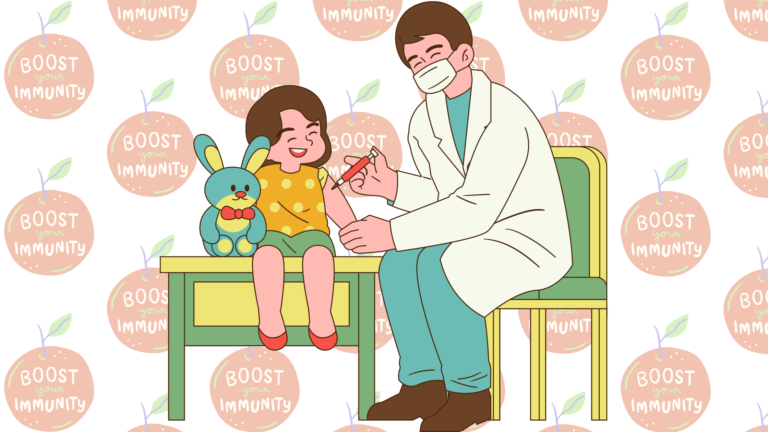
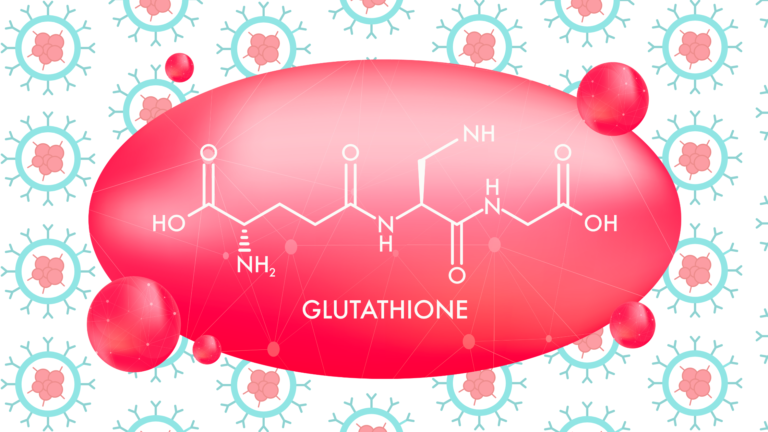

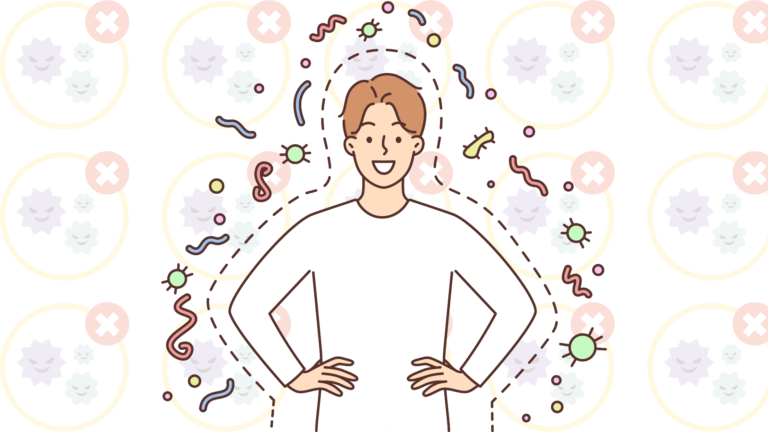
©2023 Route2Health®️
NTN: 2229383
AN ASSOCIATED COMPANY OF HIGHNOON LABORATORIES
STRN: 0301999937728

WhatsApp us
